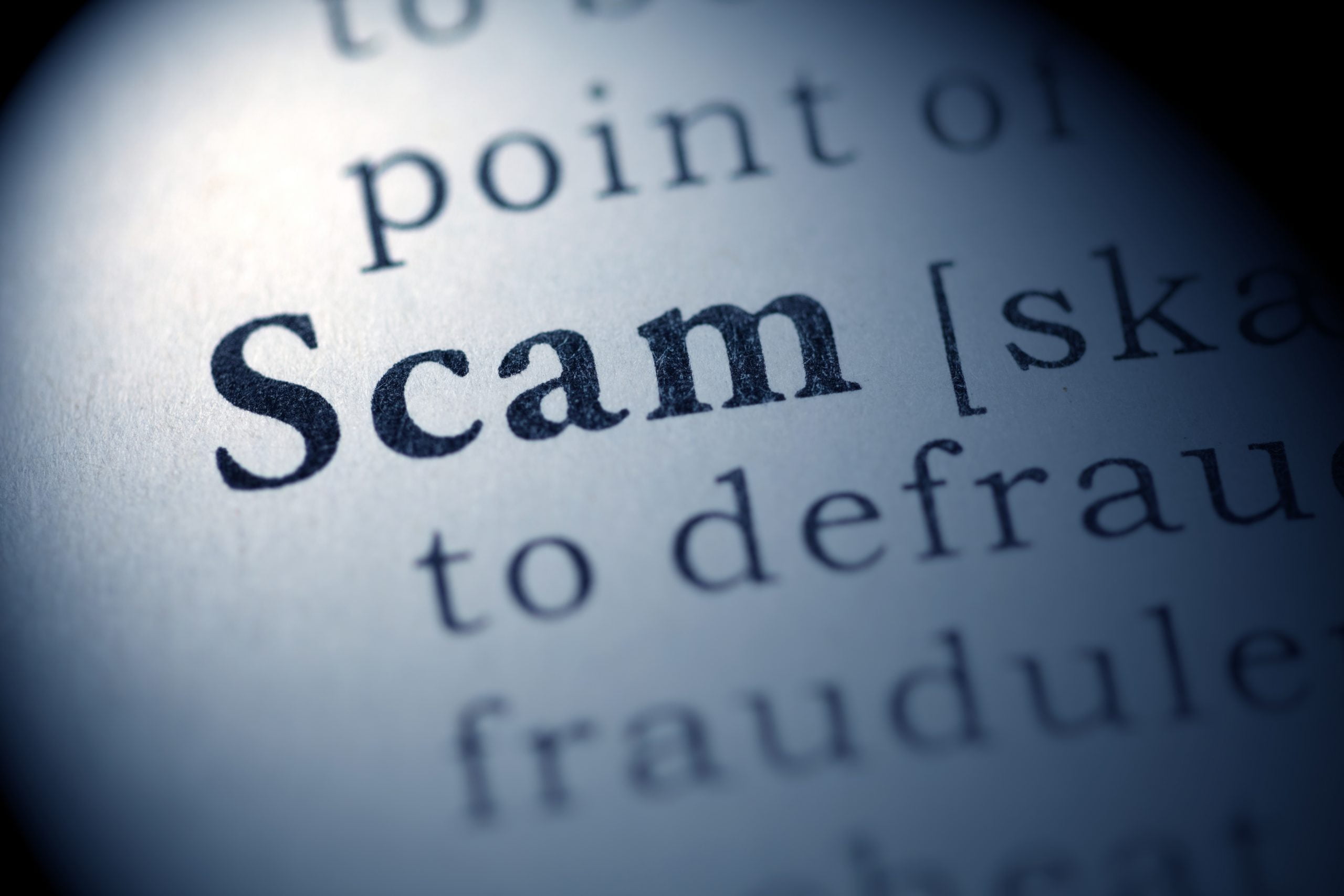Bitcoin is a cryptocurrency, a type of electronic cash that was formed in 2008. In 2009, Satoshi Nakamoto wrote a paper title "Bitcoin": A peer-to-Peer Electronic Cash System. In 2009, Nakamoto mined the first Bitcoin blockchain, the genesis block. Thus, started the wild ride that is Bitcoin. The volatility of Bitcoin is well-known to investors. Despite its volatility, more and more people have been using and investing in Bitcoin. And a few opportunistic scammers have taken advantage of this. Scammers love Bitcoin because it is largely unregulated. Not a lot of people truly understand Bitcoin. It is also quite anonymous. Bitcoin has reportedly also been used in the black market because of these reasons.

Due to the prevalence of scams in Bitcoin, a lot of people have lost tens, or hundreds of thousands of dollars. Some even lost millions to these scams. Below are a few of the more prevalent, recent Bitcoin schemes along with some tips on how to avoid them.
Ponzi Schemes
One good example that comes to mind when talking about Ponzi schemes in Bitcoin is MiningMax. MiningMax managed to con its investors out of $200 million before its affiliates reported their scam which led to the arrest of 14 fraudsters. They applied the pyramid scheme by asking people to invest $3,200 in return for promised daily ROIs and a $200 referral commission for every personally recruited investor.
How to avoid:
If it seems like it’s too good to be true, it probably is.
Research about the company and its promises. And always check if the company is a registered
corporation.
Fake Cryptocurrencies
on their victims is that it’s too late to get your money’s worth if you invest in Bitcoin. So why not invest in a new cryptocurrency. In early 2018, My Big Coin conned $6 million out of their investors and used the money to line their own personal bank accounts.
How to avoid:
If you’re not familiar with the new cryptocurrency, might as
well avoid it. Remember that Bitcoin is unregulated, meaning there is no government or asset
that backs its value. A Bitcoin is only worth what other people are willing to pay for it. If
you really feel like you want to try out a new, lesser known and less expensive type of
cryptocurrency, never invest more that you are willing to lose.
Malware
A hacker’s favorite tool can now be used to hack into your Bitcoin wallet. Hackers can use malware to gain access to your wallet and drain your money. These insidious programs can be attached to an email message, or on websites, and social media.
How to avoid:
Do not open suspicious looking emails. Do not download
programs that promise to let you mine bitcoins after the programs have been downloaded. Use
“cold” wallets or offline wallets.